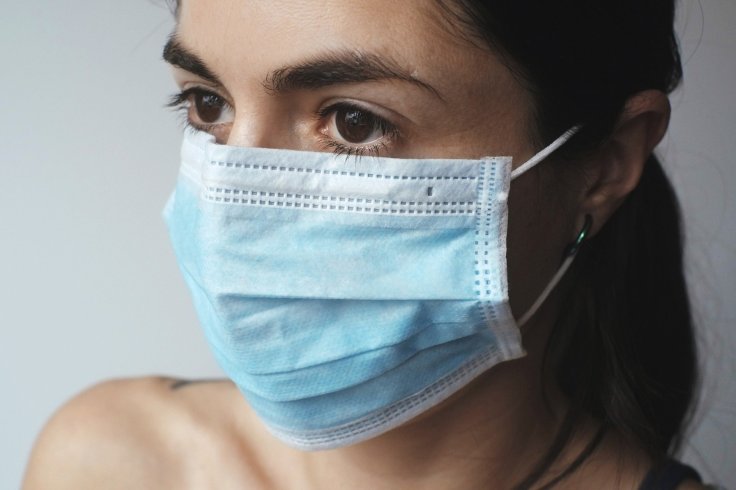The ongoing coronavirus pandemic has sent shock waves across the world, making mankind do things we'd never thought we'd do. The entire world is wholeheartedly encouraging self-quarantine and many organisations are letting their employees work from home in an effort to contain the deadly virus from spreading further.
Millions of employees from offices around the world are working from the safety of their homes and are using teleconferencing services such as Zoom and Google Hangouts to communicate with co-workers and get things done. And while the public ventures outside to buy groceries and other essential supplies wearing face masks, the employees who work from home and are following isolation measures seem to be using digital masks while telecommunicating.
Now an augmented reality face mask
According to a Bloomberg report, Snap Inc.– the company that owns popular multimedia messaging service Snapchat – has seen a ten-fold increase in downloads of a tool that allows people to overlay their faces with augmented reality (AR) filters while making calls on services like Zoom and Hangouts, adding a bit of fun to their boring meetings.

Dubbed Snap Camera, the feature has several AR filters that turn people into anything from a talking pizza slice to a talking toilet paper roll. It also lets people working from home look beautiful by letting them use a filter that seems to apply digital make-up. While these are just some of the examples, Snap Camera has thousands of other filters and lenses on offer, there's a filter that applies a digital mask on your face, which seems to be a popular choice during these times.
Does a face mask really help?
Obviously there is no purpose to the virtual masks, other than to make chats more interesting, but face masks, even the physical ones are not one's only line of defense. In fact, a lot of medical experts have warned that there could be a shortage of masks for medical professionals if people continue to buy masks at the rate at which they are buying. Many tech giants such as Google and Facebook which are also among the world's biggest digital advertising platforms have banned ads for face masks on their services in a bid to prevent people from capitalizing on the public health emergency.
Although face masks are a preventive measure, a more effective way to deal with coronavirus is by washing your hands at regular intervals for at least 20 seconds, keeping your smartphones clean and most importantly avoiding close contact with people, or observing social distancing.
Video chat services surge
That said, the Bloomberg report suggests the spike in downloads for such services is a clear indication of how popular video chat or telecommunications services have become during the pandemic, as local governments continue to advise citizens to remain indoors and avoid mingling to avoid contracting the COVID-19 virus. Many people are turning to corporate telecommunications tools like Zoom for not just work-related chats, but also to spend some quality virtual time with friends and family as they avoid in-person meetings.
In fact, Zoom has been topping the app download charts on both Apple App Store and Google Play Store in recent times.









